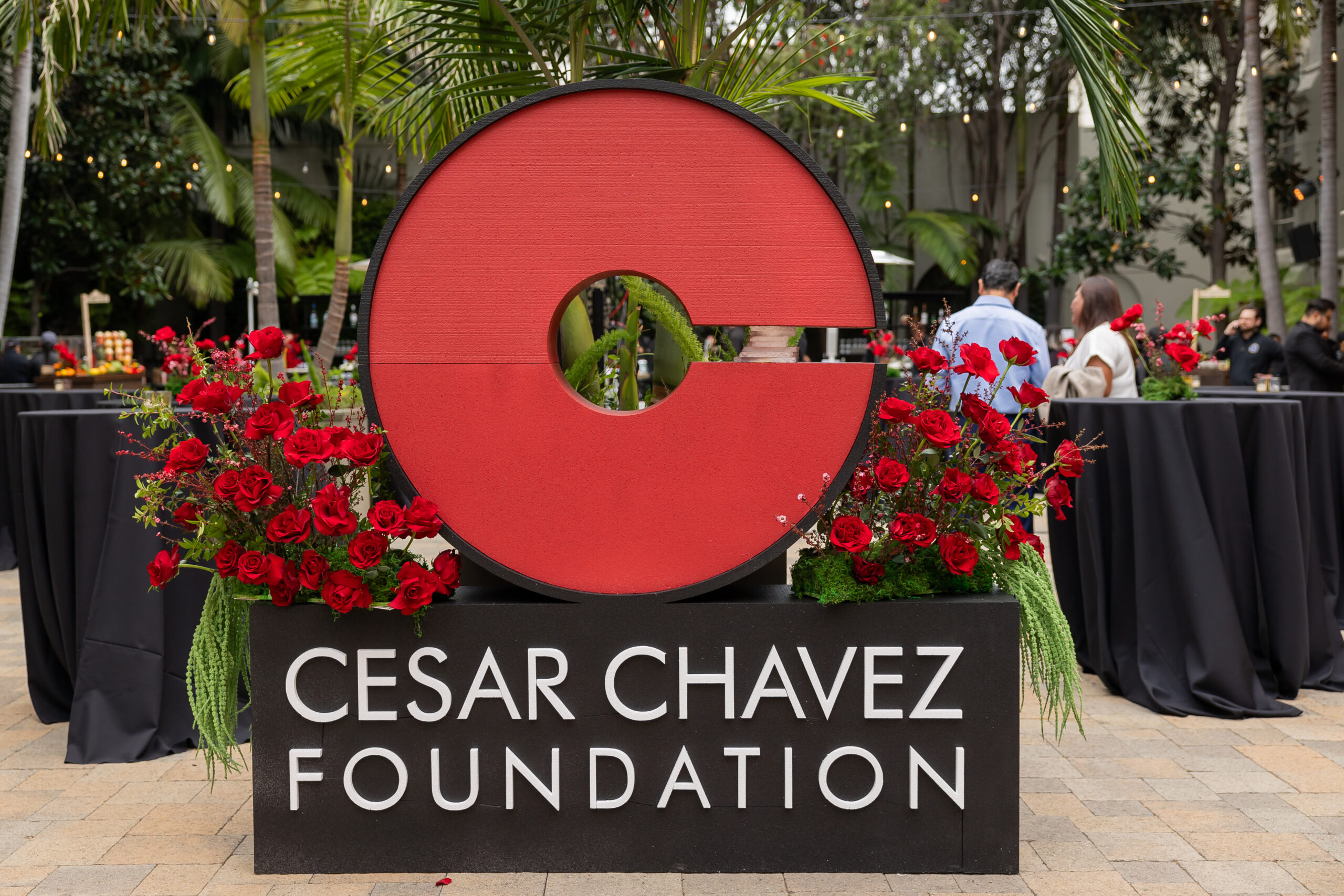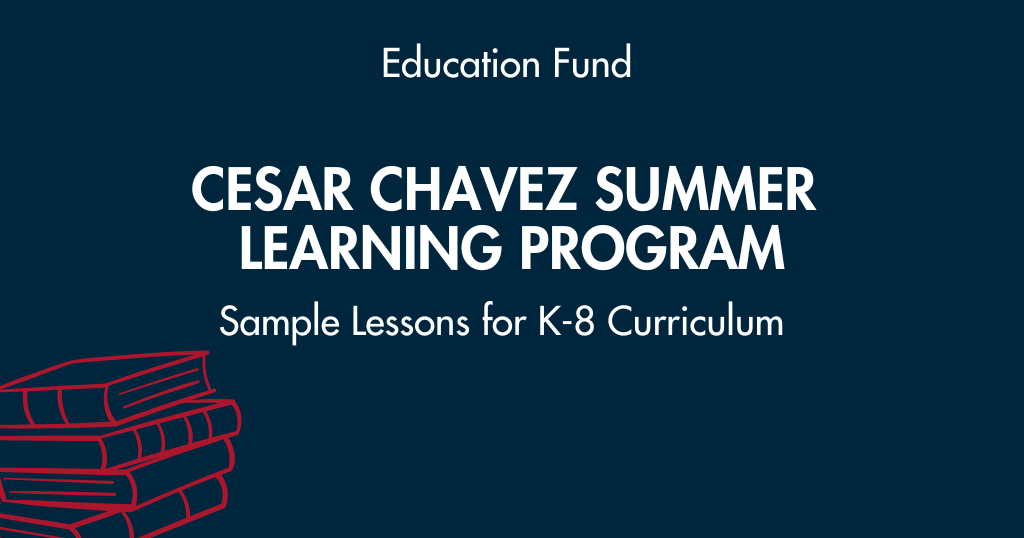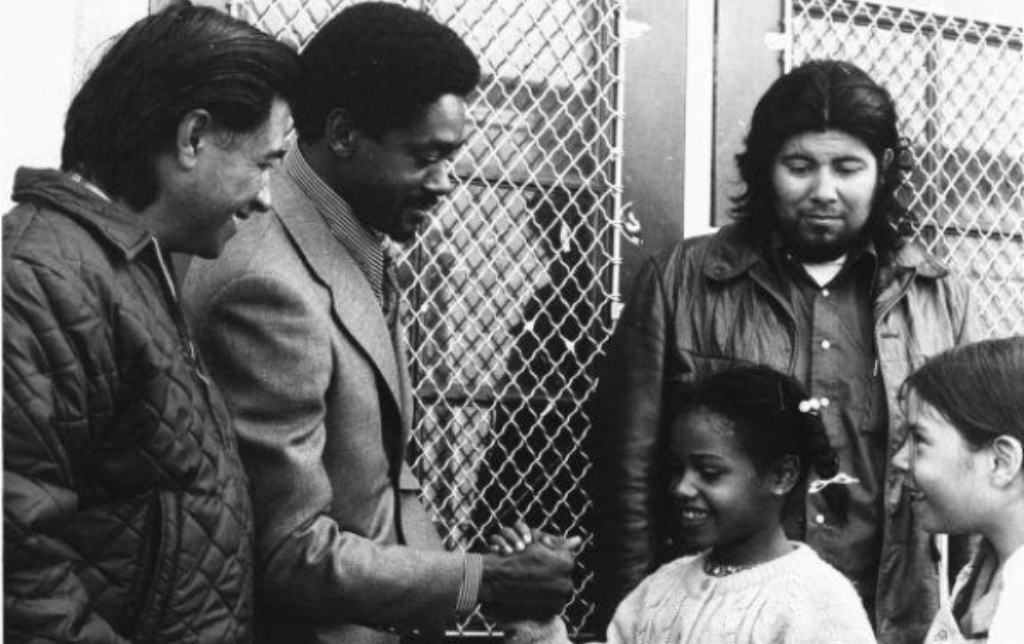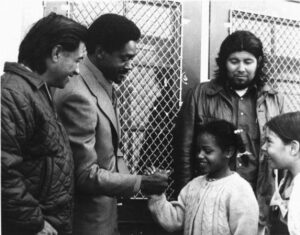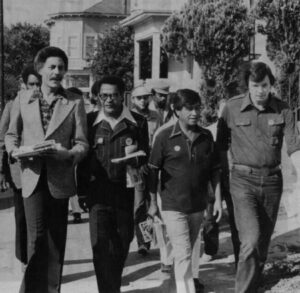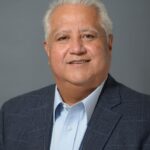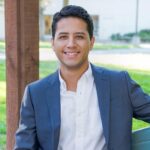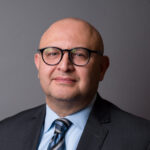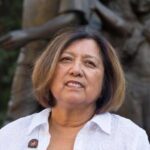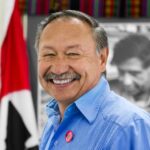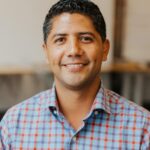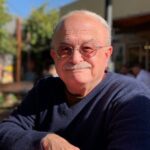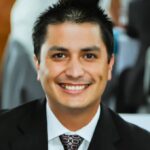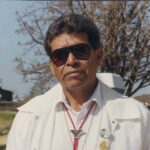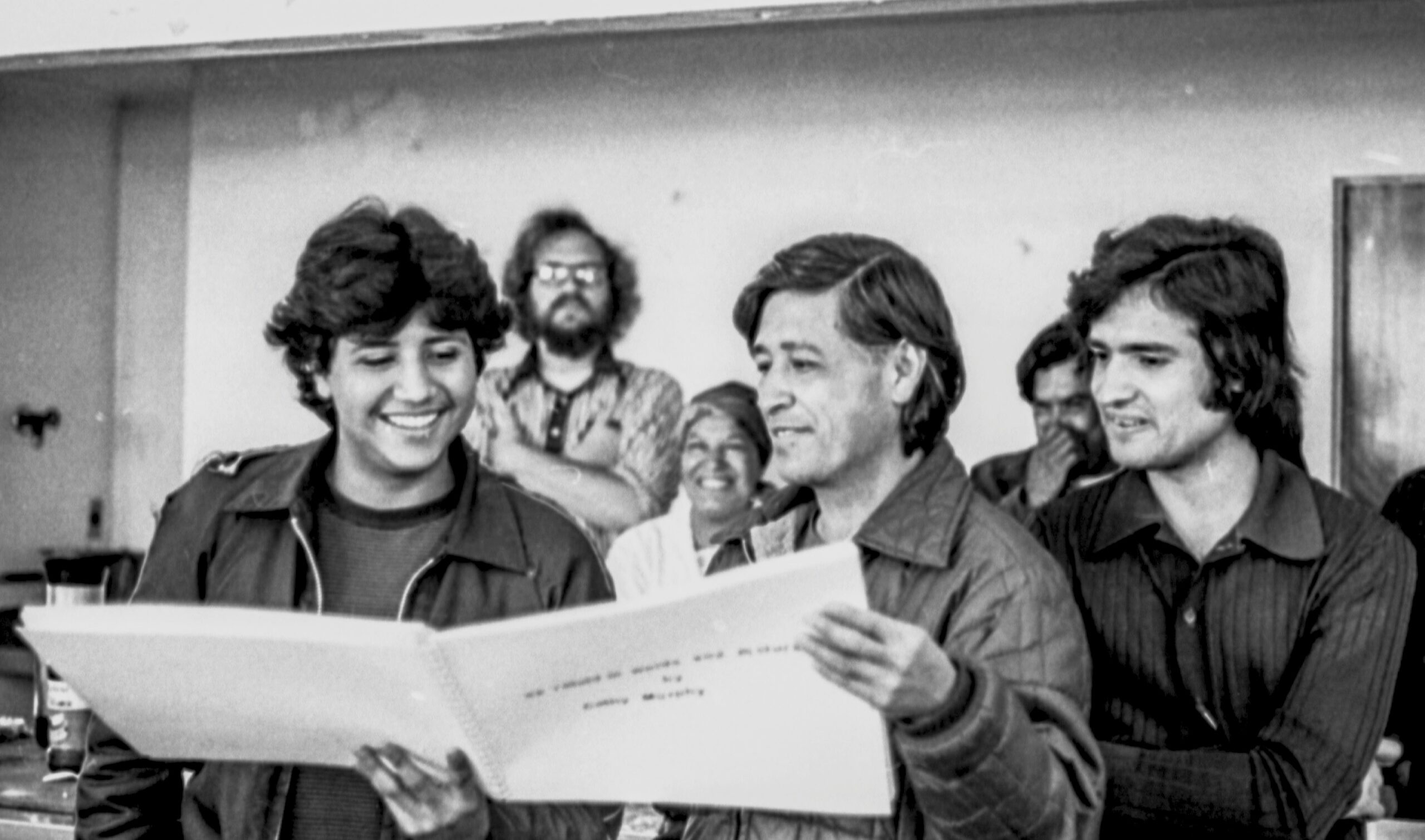The annual Cesar Chavez Legacy Awards ceremony was held on April 4, 2024, at the beautiful Vibiana in downtown Los Angeles. The event brought together leaders from various sectors, including business, government, labor, and education, to commemorate the life and work of Cesar Chavez. In addition to honoring Cesar’s life and legacy, the Legacy Awards celebrate those who exemplify excellence and commitment to advocacy and community.
The inaugural Taste of Avenida Cesar Chavez made its debut at this year’s Legacy Awards. Inspired by a movement and legacy that endure well beyond the fields and into America’s largest cities, this unique culinary experience pays homage to the people and businesses along the street that bears the name—Avenida Cesar Chavez.
2024 HONOREES
Cástulo de la Rocha, President and CEO of AltaMed Health Services, was recognized for his unwavering commitment to expanding access to healthcare in underserved communities. His passion for social justice has driven his professional and personal pursuits, significantly impacting health service accessibility.
Jane Fonda, a stellar actress and fervent activist, was among the distinguished honorees. With a legacy of advocacy that spans decades, Fonda’s work ranges from supporting Indigenous peoples’ rights and economic justice to LGBTQ rights, gender equality, and, more recently, leading efforts against climate change through Fire Drill Fridays and the Jane Fonda Climate PAC.
Robert Rivas, Speaker of the California State Assembly, was honored for his dedication to serving the most vulnerable. Inspired by his grandfather, a labor activist, Rivas’s journey from teacher and firefighter to a historic Assembly Speaker is a testament to his commitment to public service.
The legacy awards included Julián Castro, the former United States Secretary of Housing and Urban Development and the new CEO of the Latino Community Foundation, who delivered the keynote address, and Cristela Alonzo, an acclaimed actor, and comedian known for her unique blend of humor and insight, hosted the ceremony. Her role as the evening’s host added a special touch to the celebration, highlighting the achievements of the honorees and the legacy of Cesar Chavez.
Check out our video highlighting the night’s events!

